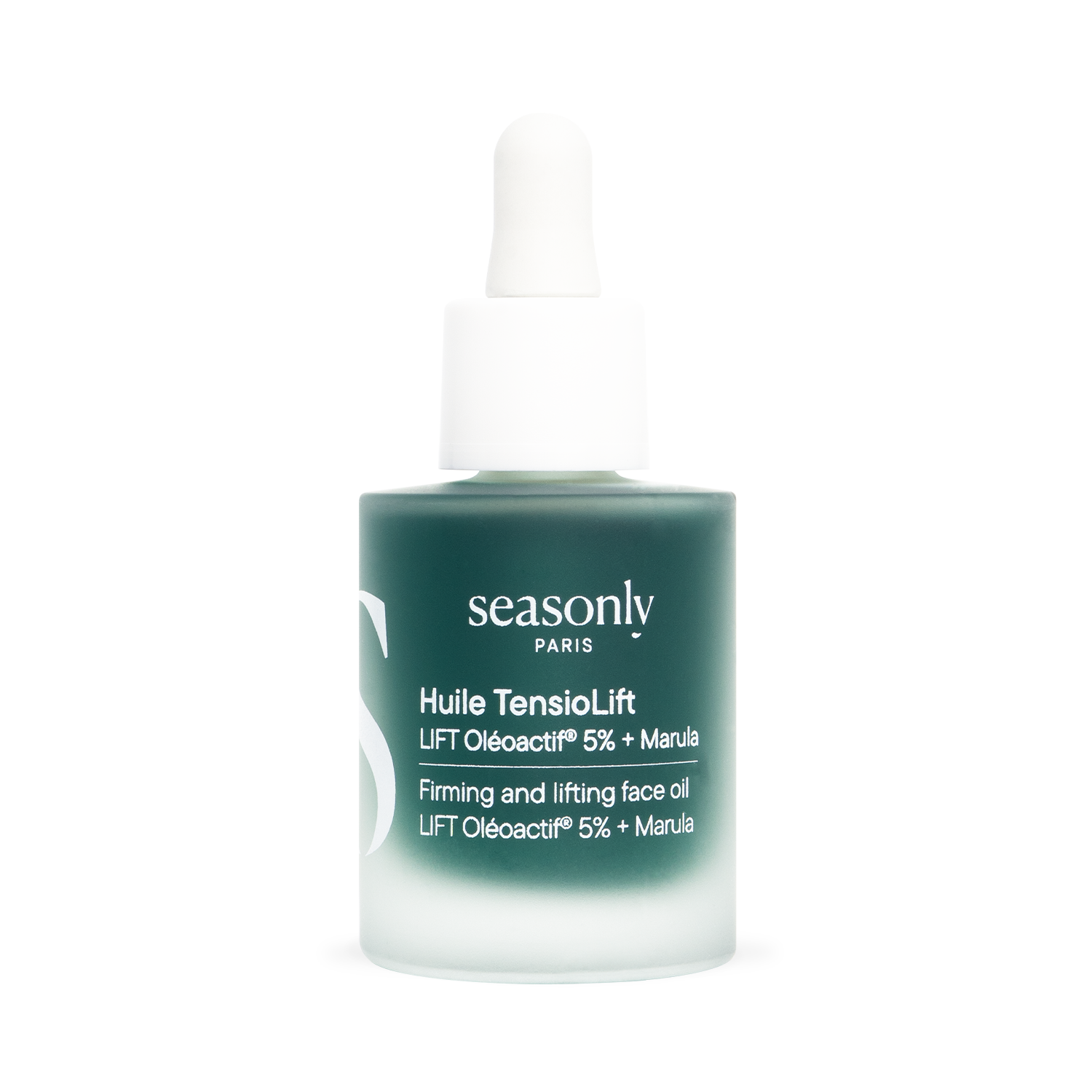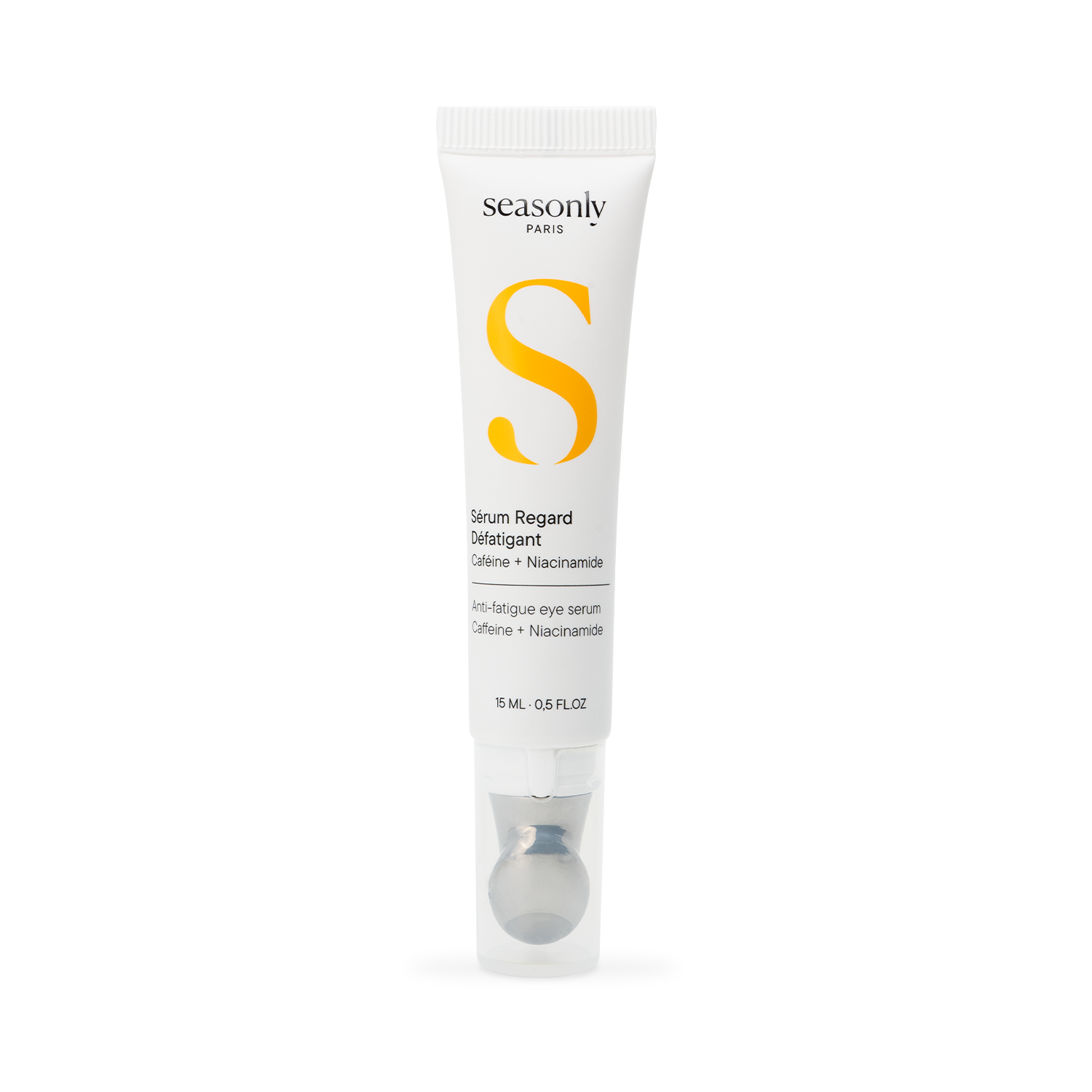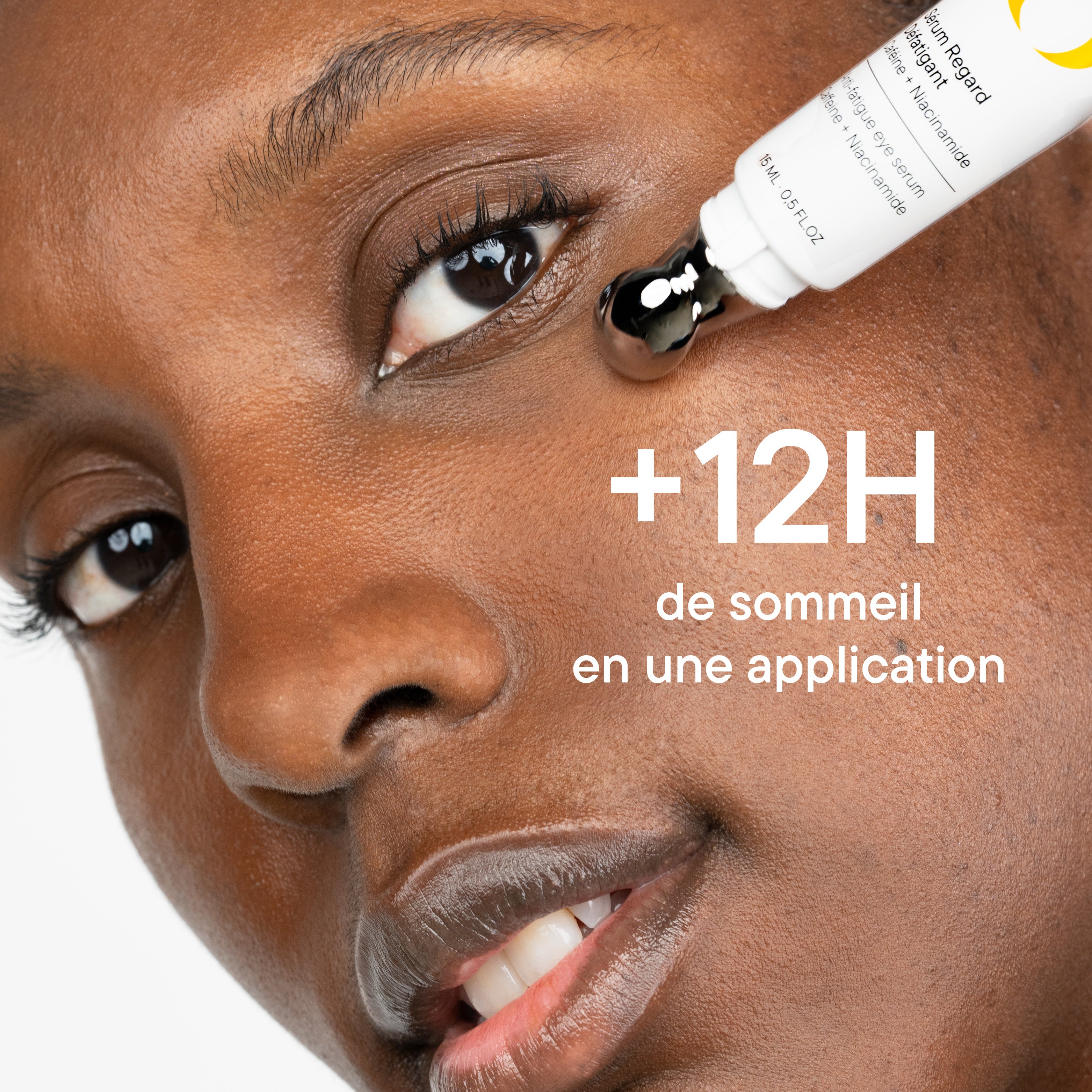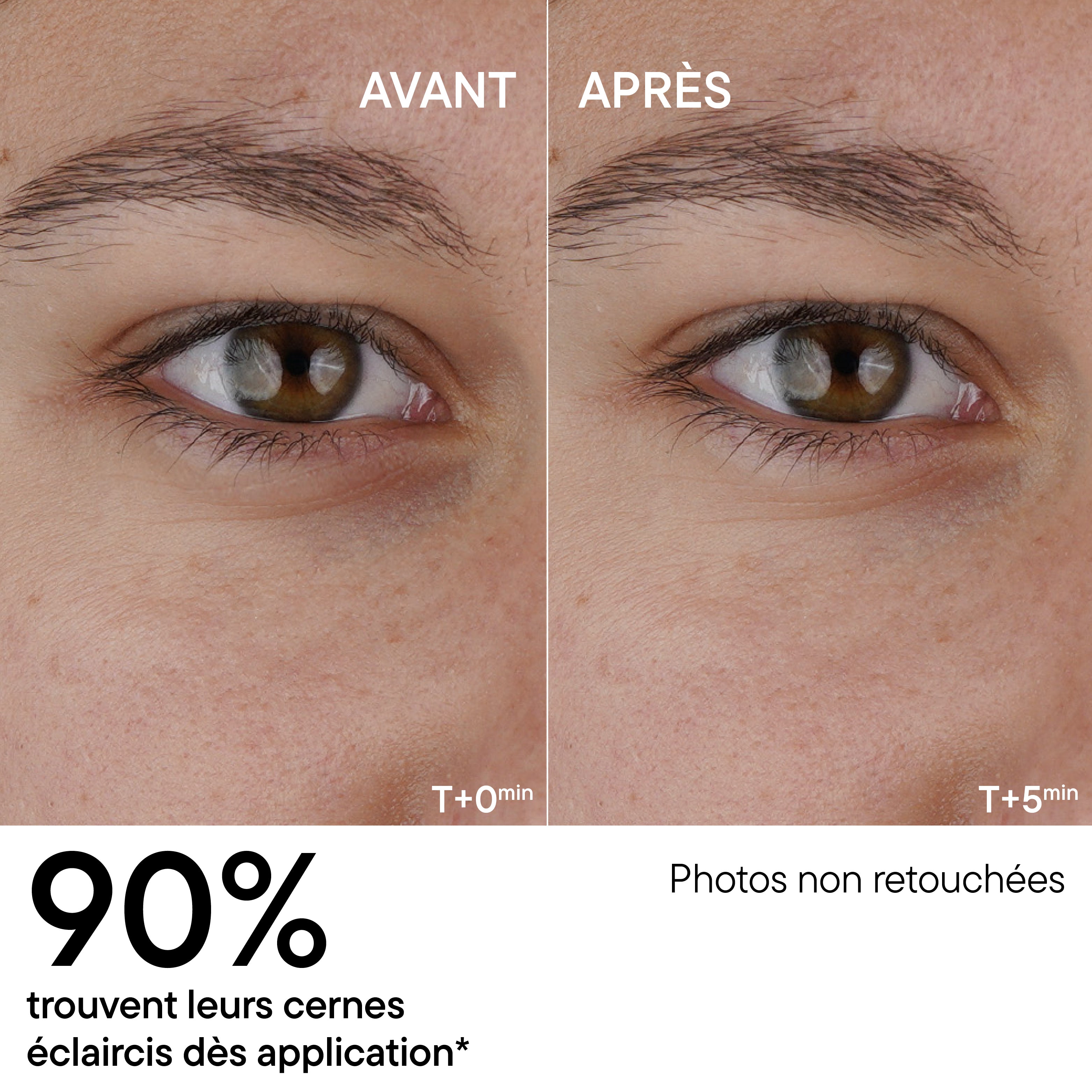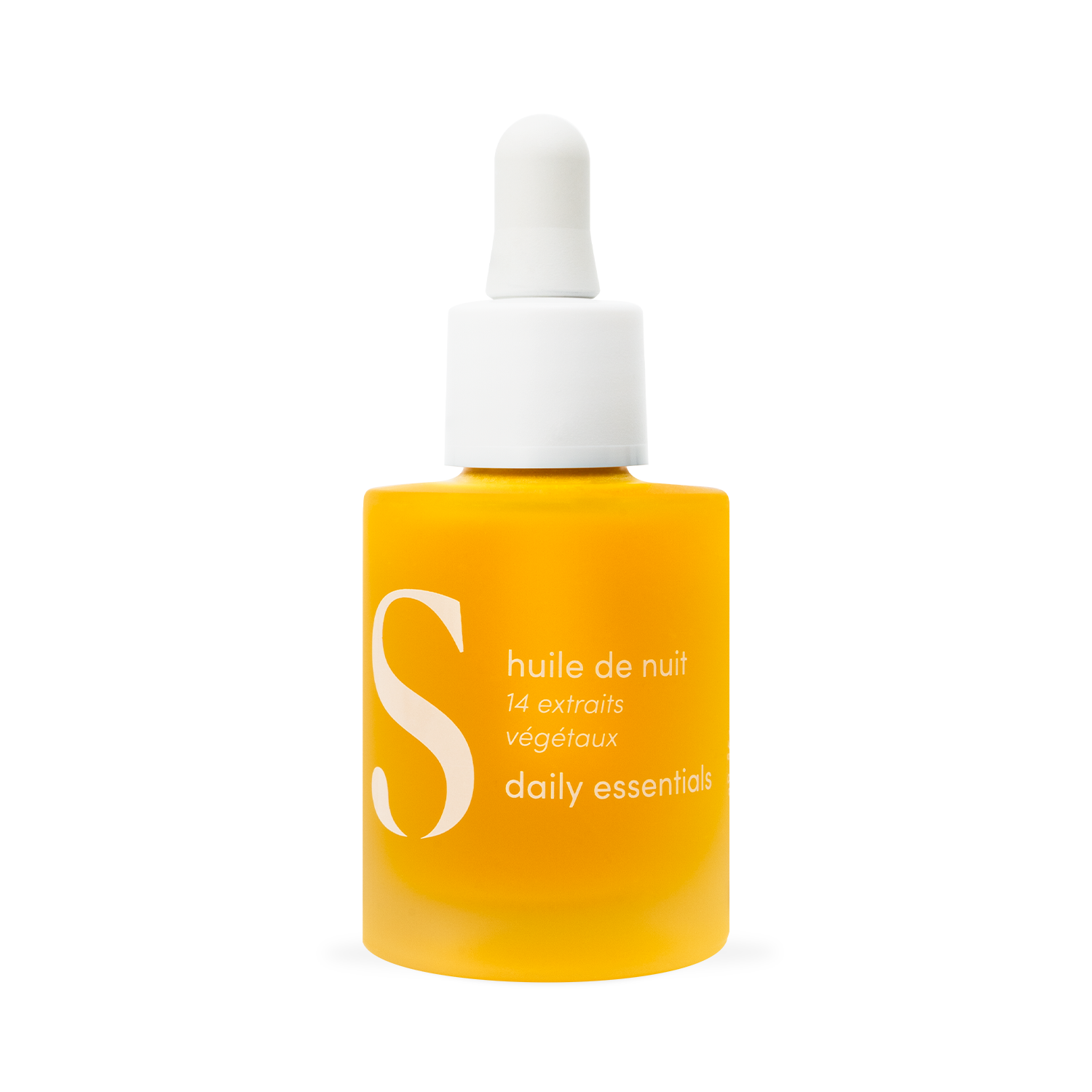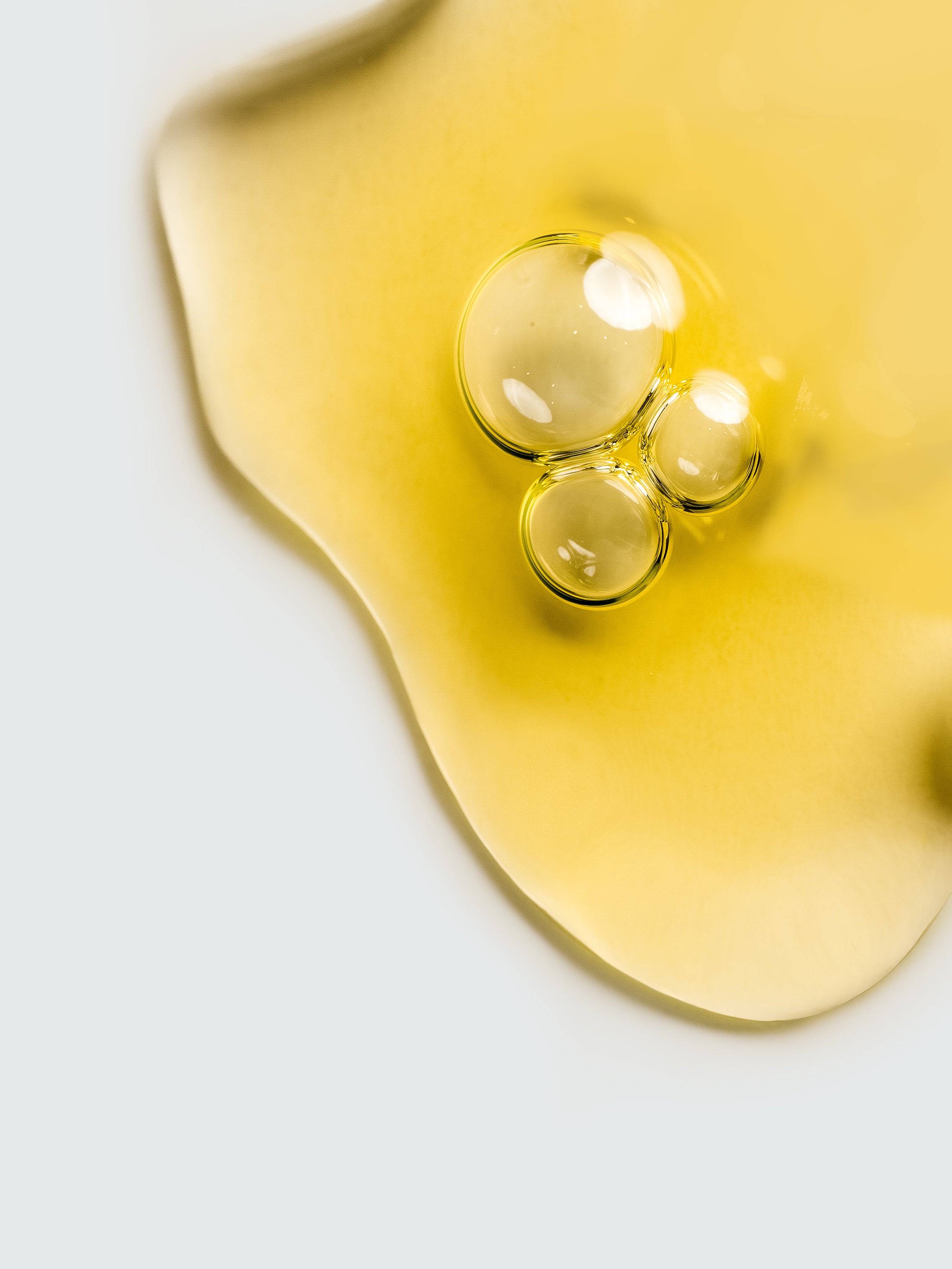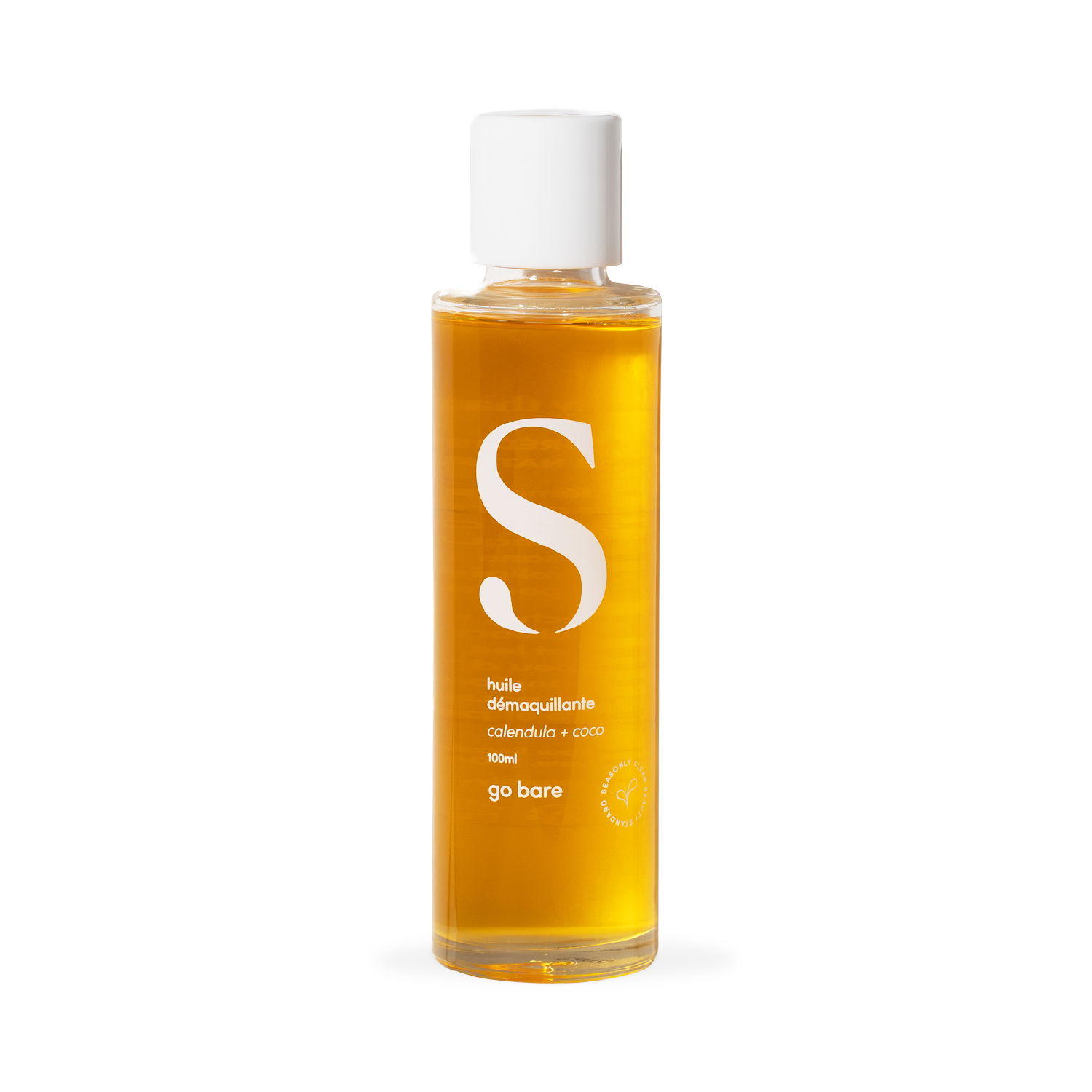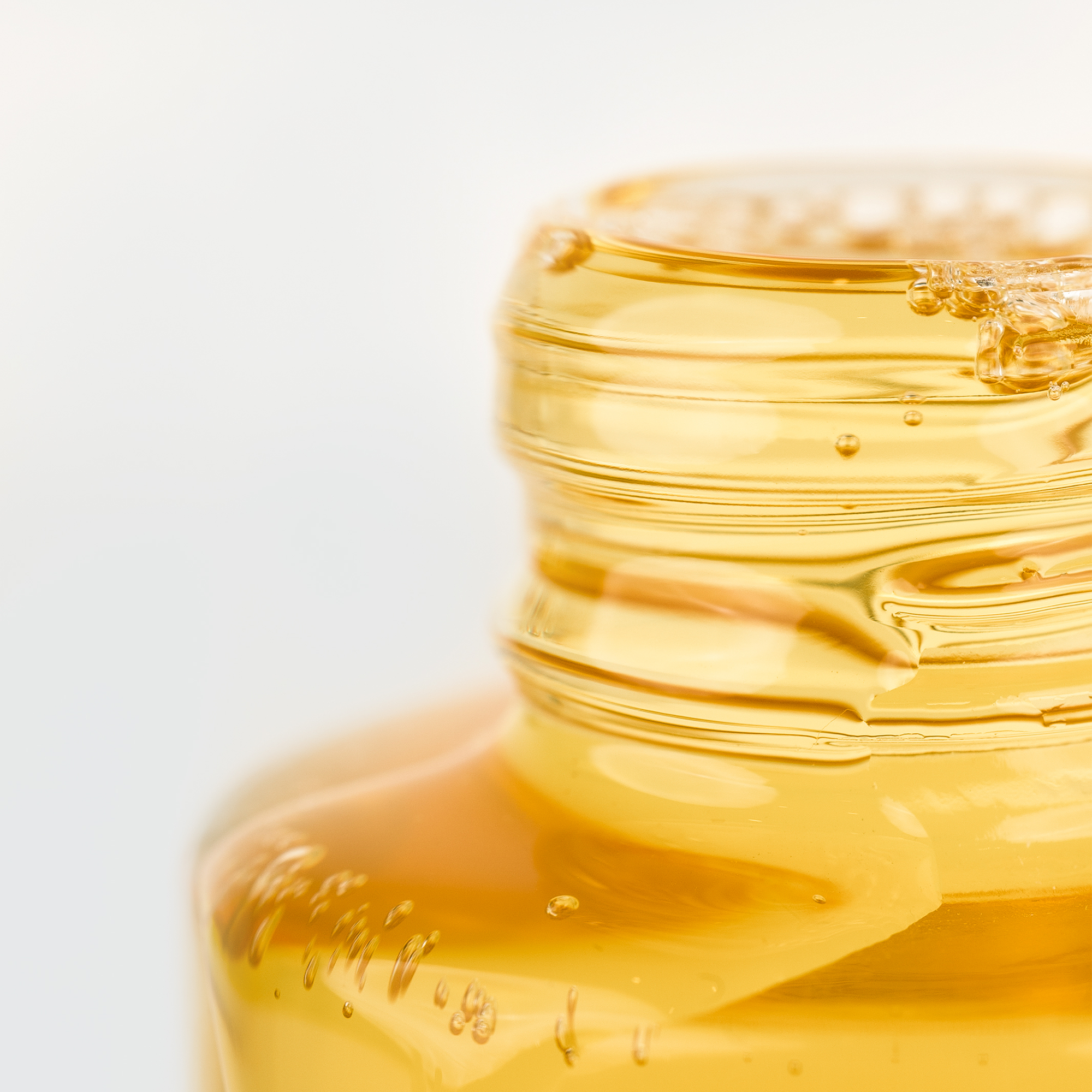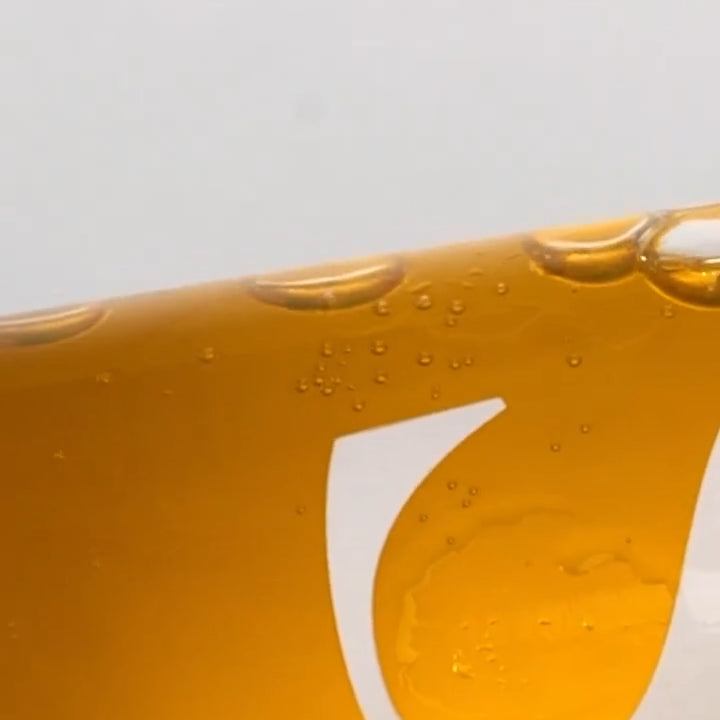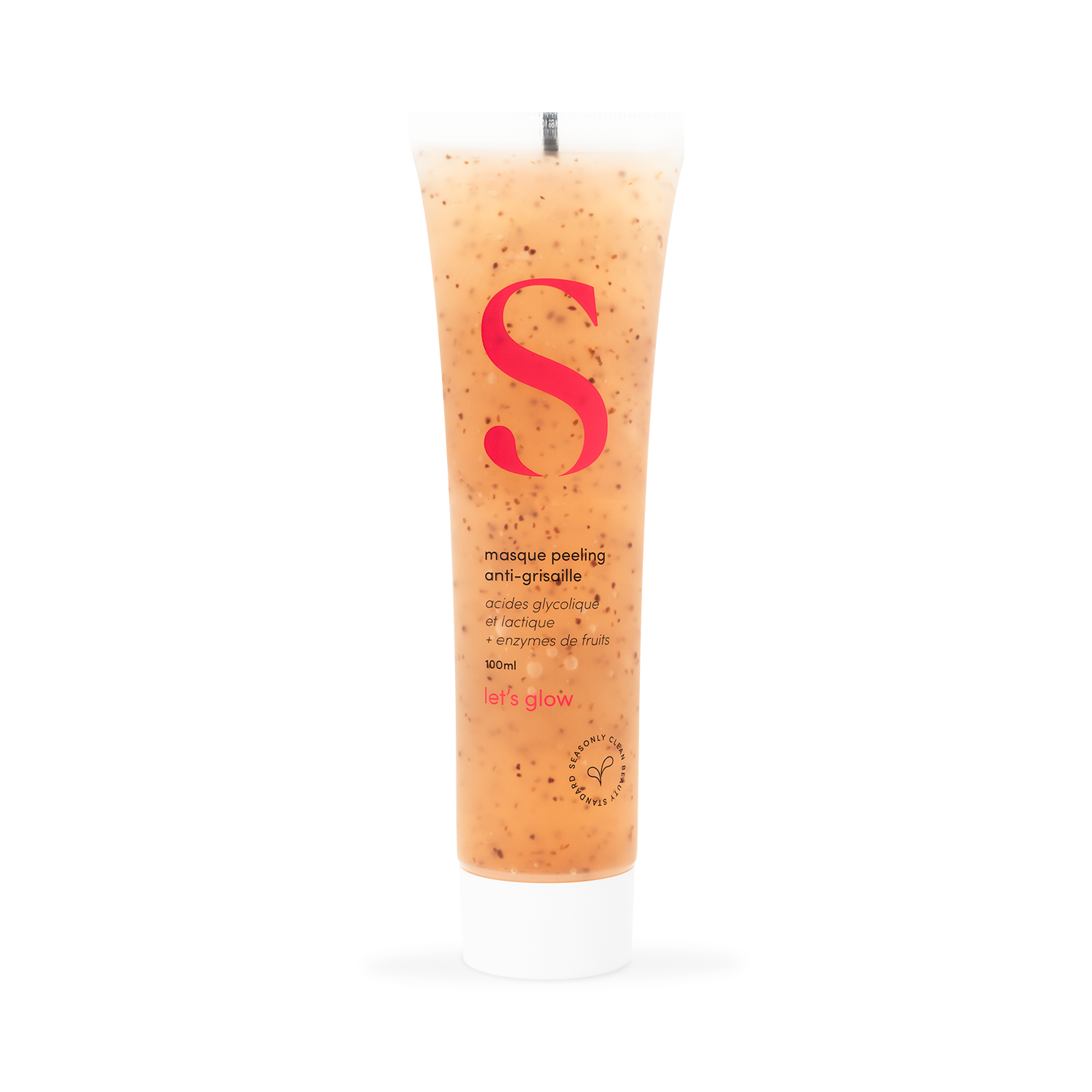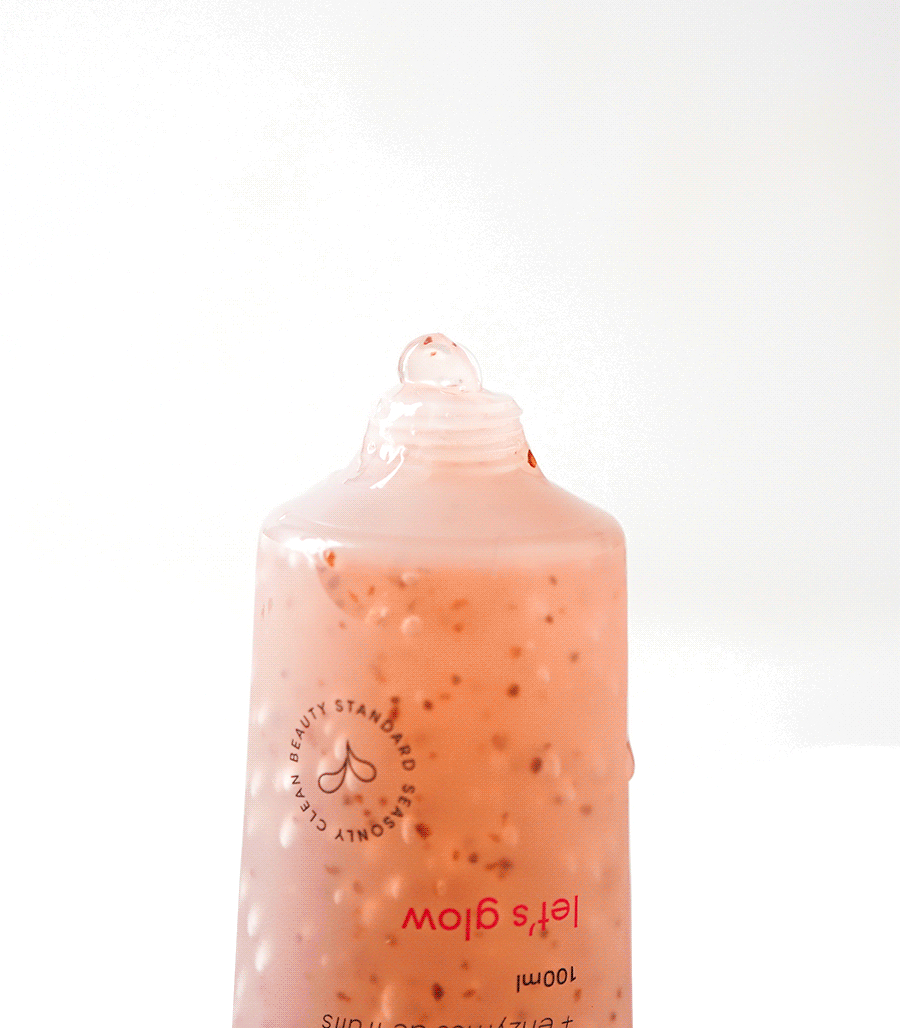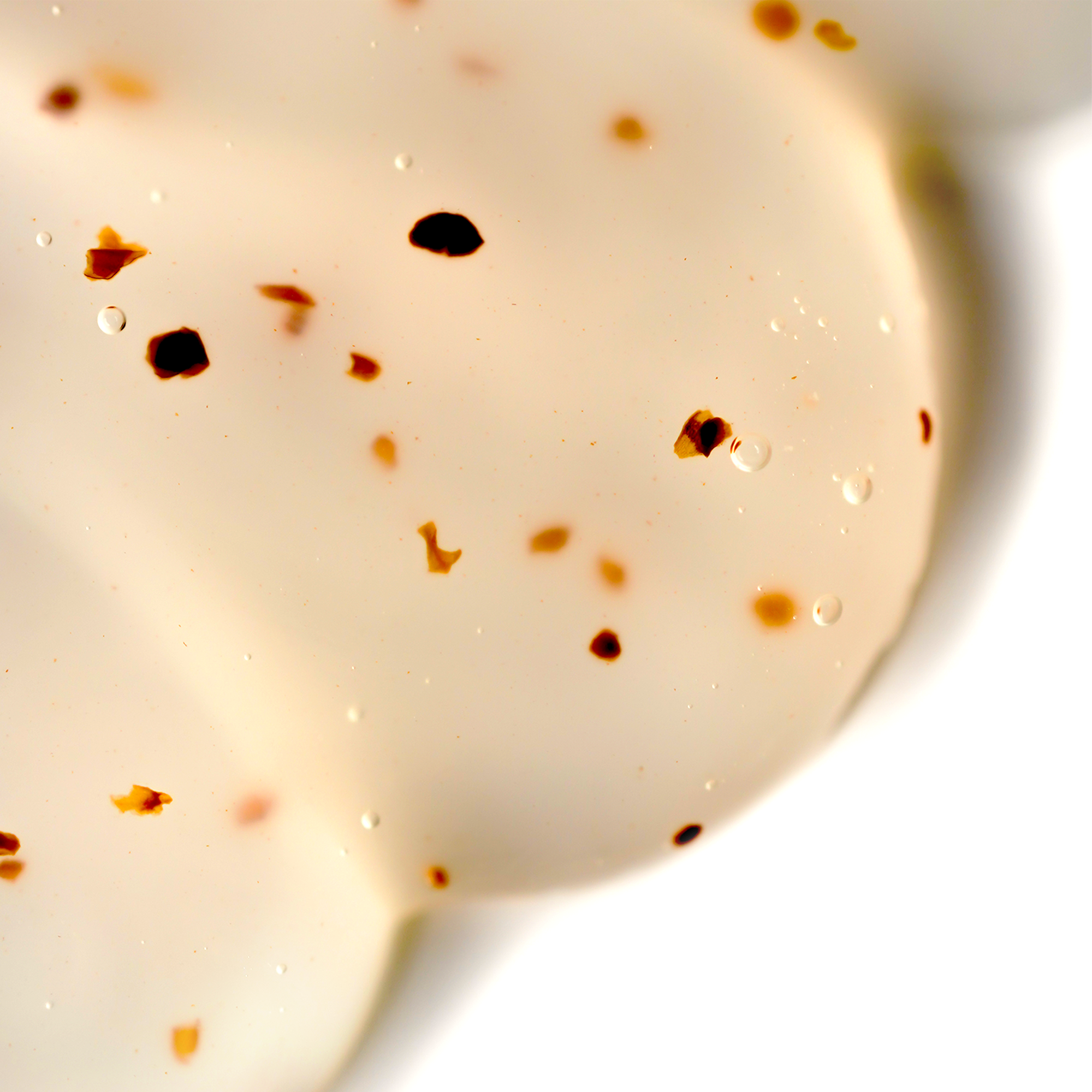Can you use retinol in summer?
Are you using retinol every day and wondering if you can continue this summer?
Once shunned as difficult to tame and not suitable for all skin types, retinol is now a popular anti-aging ingredient. This ingredient works wonders when incorporated into a skincare routine, helping to combat wrinkles and preserve the skin's youthfulness. It is one of the most effective anti-aging ingredients and is suitable for both women and men. However, vitamin A does not pair well with the sun, as retinoids make the skin more sensitive to UV rays. With summer just around the corner, many are wondering whether retinol creams are safe to use or if they can damage the skin. An expert sheds some light on the subject.
We followed the advice of Carole Ballerini, chemist and skincare specialist, who addressed the question of retinol in a real-life setting on her Instagram account @thecleanjunky , where she deciphers daily the trends, active ingredients and do's and don'ts of the skincare world.
First, what is retinol?
Retinol is a form of vitamin A, recognized as one of the most powerful anti-aging ingredients available on the market. Be careful though, it has a very high irritant potential which makes it difficult to integrate for certain skin types.
Its mechanism of action is based on several key points: it stimulates cell renewal, which helps eliminate dead cells and reveal unified skin and a more radiant complexion. In addition, retinol increases the production of collagen, an essential protein that gives the skin its firmness and elasticity, helping to reduce the appearance of wrinkles and improve the overall texture of the skin. In addition, it is also effective against acne, helping to unclog pores and reduce breakouts.
However, despite its many benefits, retinol does have some challenges, including its compatibility with sun exposure. Retinoids actually make the skin more sensitive to UV rays, increasing the risk of sunburn and sun damage. This raises the critical question of whether it’s safe to continue using retinol during the summer months, when sun exposure is often unavoidable.
And what about its use during the summer?
According to the skincare expert, it is not necessarily necessary to stop using retinol in the summer. Carole first confirms that "retinol can make the skin more sensitive to the sun", while immediately specifying: "This is especially true at the beginning, when you start". Detailing the mechanism of retinol, the expert explains: "It stimulates cell renewal, which makes the skin more reactive to UV. However, this sensitivity decreases over time, once the skin gets used to it".
So there's no need to put your retinol skincare aside just yet! There are two situations. "If you've been using retinol for a few months, your skin is no longer as sensitive. So you can continue to use it without any problems, even in the summer," continues the skincare expert. However, she stresses the importance of applying SPF 50 sunscreen daily. "With the right sunscreen for everyday use, everything will be fine," she concludes.
For those new to skincare, however, caution is advised. "If you've never used retinol or retinal before, I recommend waiting until fall. These products can make your skin more sensitive to the sun at first," Ballerini warns. Were you considering trying retinol for the first time? It might be wise to hold off on your decision until fall; your skin will thank you.
Is there an alternative?
Yes, there is an alternative to retinol, namely bakuchiol. Bakuchiol is an ingredient derived from the seeds of the Babchi plant (Psoralea corylifolia) and is often touted as a natural alternative to retinol. Like retinol, bakuchiol is known for its anti-aging properties, including its ability to stimulate cell turnover, improve skin texture, and reduce the appearance of fine lines and wrinkles.
What sets bakuchiol apart from retinol is that it is generally better tolerated by sensitive skin and is not photosensitizing, unlike retinoids. This is why many people opt for bakuchiol, especially when looking for a gentler, more natural alternative.
So you can use our blemish serum for example as well as our anti-aging booster with complete peace of mind. Depending on the issues you want to target, these two products will boost cell renewal and help you get the effects of retinol without using it for the moment.






